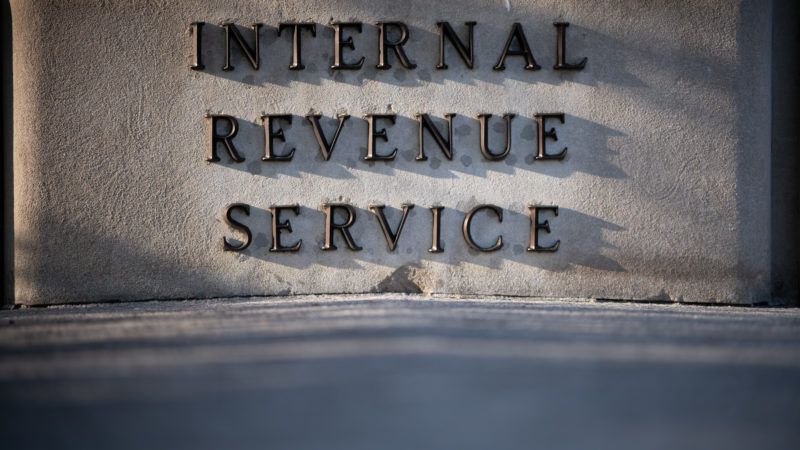Federal Tax Deadline Extended Until July 15
The extension allows some individuals and businesses to keep more of their money for three extra months at a time when millions of Americans are likely to be out of work and struggling to make ends meet.

The COVID-19 outbreak has upended most of life's certainties already—including, now, one of the proverbial absolutes. You won't have to pay your taxes on time.
Treasury Secretary Steve Mnuchin announced Friday that federal income taxes will not be due until July 15 this year. He said the change is intended to allow taxpayers and businesses "additional time to file and make payments without interest or penalties."
Individuals and businesses expecting to get refunds can file at any time. Mnuchin on Friday encouraged those taxpayers to file as soon as possible.
The Trump administration had previously announced that it would grant automatic 90-day extensions for all taxpayers who owed payments for 2019, but it asked that taxpayers still file before the traditional April 15 deadline. In other words, you would have had to file your taxes on time, but you would have not had to pay immediately. The change announced Friday means both filing and payments will be postponed—a move that is likely to reduce stress and confusion surrounding this year's coronavirus-impacted tax season.
Postponing the federal tax deadline makes a lot of sense. It will allow some individuals and businesses to keep more of their money—perhaps as much as $300 billion in aggregate—for three extra months at a time when millions of Americans are likely to be out of work and struggling to make ends meet. And since taxpayers will eventually have to pay up regardless, this is effectively a revenue-neutral way to keep more money in the economy during what's likely to be the worst months of a coronavirus-induced recession.
It's also just an admission of practical reality. In a letter to Mnuchin on Thursday, the National Association of Tax Professionals, a trade group, called for tax day to be postponed until July. Due to social distancing requirements imposed by many state and local governments, the group said, taxpayers would be unable to get necessary help with their taxes.
The Senate Republicans' stimulus bill unveiled Thursday also includes a 90-day postponement of the federal tax deadline.
It is important to keep in mind that this applies only to federal taxes. The 42 states that have income taxes are likely to follow the federal government's lead on this, but they will make their own decisions about extensions or delays.
"Now that the federal decision is known, states should take immediate steps to follow suit," writes Jared Walczak, director of state tax policy for the Tax Foundation. Doing so, he explains, will avoid adding "a burden to their own taxpayers that the federal extension was intended to relieve."


Show Comments (13)